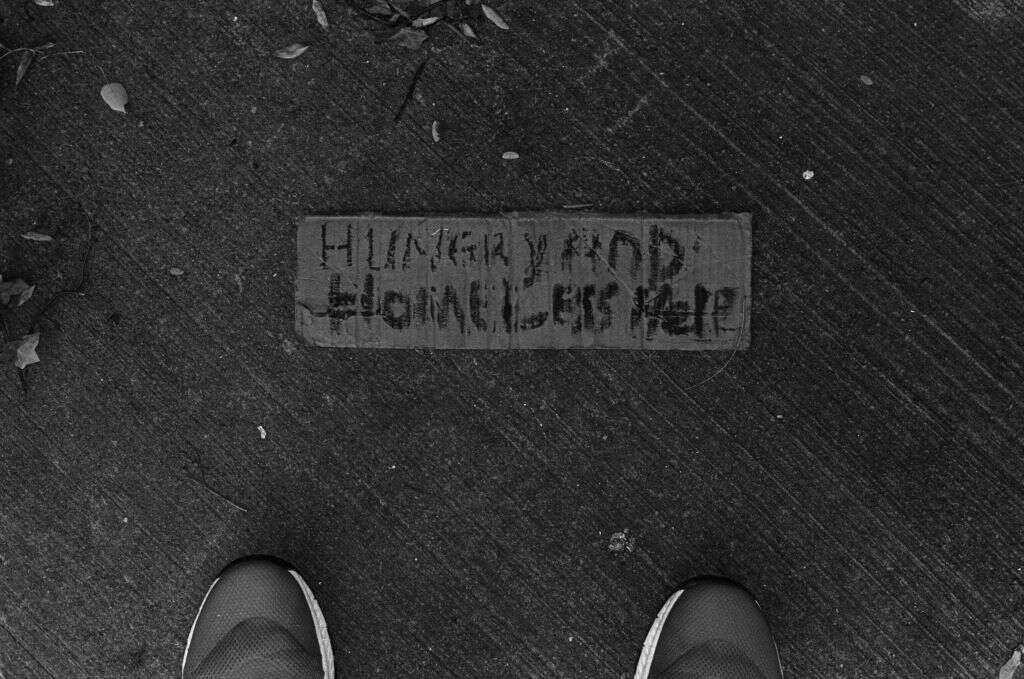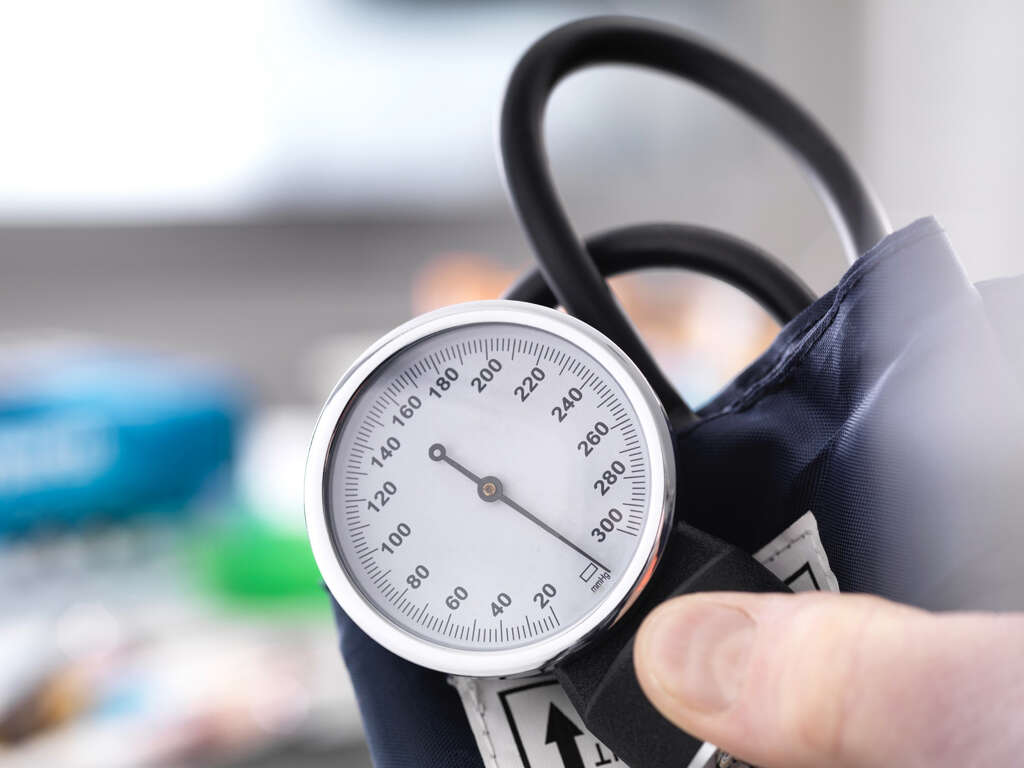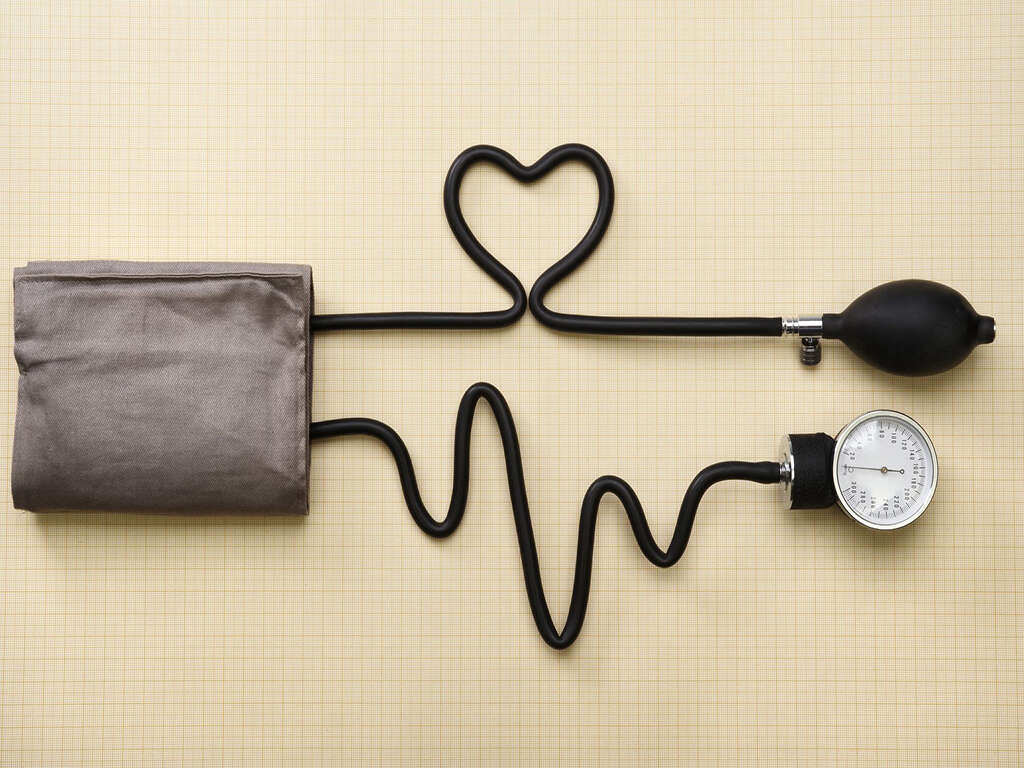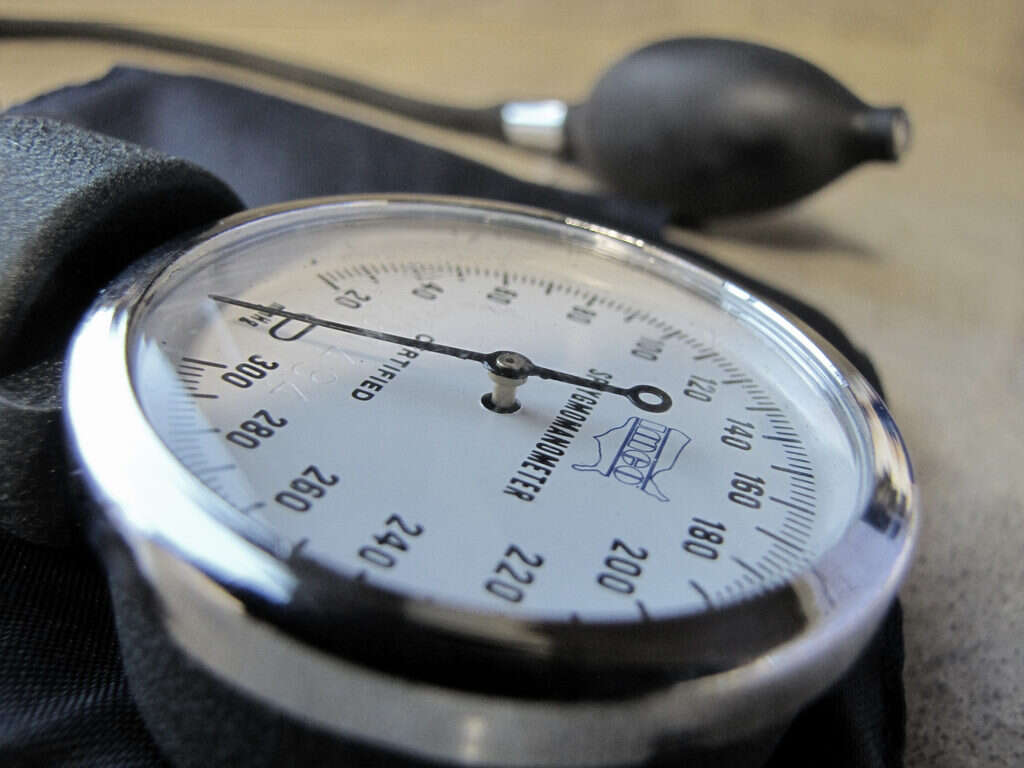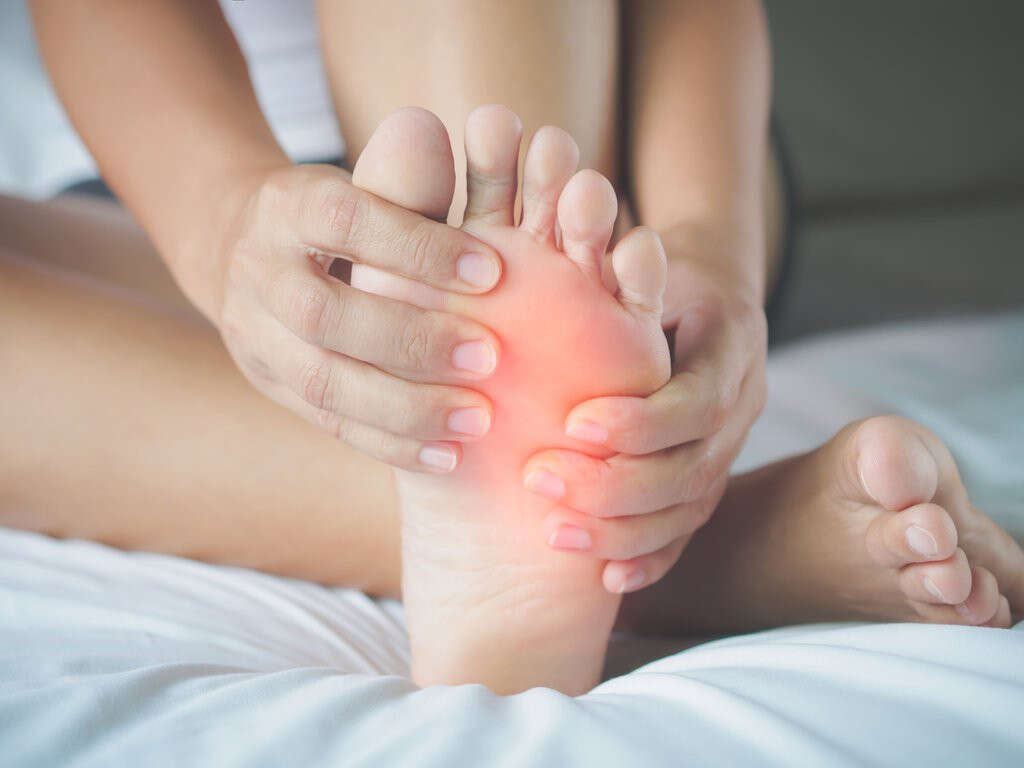Chills, No Fever: Causes, Remedies & More
 Article Sources
Article Sources
- 1. 'Hypoglycemia (Low Blood Glucose). Hypoglycemia (Low Blood Glucose)' | ADA, www.diabetes.org/healthy-living/medication-treatments/blood-glucose-testing-and-control/hypoglycemia.
- 2. 'University Health Service. Anxiety Disorders and Panic Attacks' | University Health Service, uhs.umich.edu/anxietypanic#what.
- 3. 'Drug-Induced Tremor: MedlinePlus Medical Encyclopedia.' MedlinePlus, U.S. National Library of Medicine, medlineplus.gov/ency/article/000765.htm.
- 4. 'Heat Exhaustion.' Mayo Clinic, Mayo Foundation for Medical Education and Research, 10 Nov. 2020, www.mayoclinic.org/diseases-conditions/heat-exhaustion/symptoms-causes/syc-20373250.
- 5. Person, et al. 'Signs You Might Have a Thyroid Problem.' Intermountainhealthcare.org, 24 Oct. 2019, intermountainhealthcare.org/blogs/topics/live-well/2019/09/signs-you-might-have-a-thyroid-problem/.
- 6. 'Malnutrition.' Johns Hopkins Medicine, www.hopkinsmedicine.org/health/conditions-and-diseases/malnutrition.
6. Malnutrition
Malnutrition occurs when a person doesn't receive an adequate amount of nutrients. The person may have multiple, significant vitamin, mineral or other nutrient deficiencies.
When a person suffers from this issue, they may experience chills and feel cold frequently. It also causes skin changes, particularly pale or dry skin, and they may bruise easily. In addition, malnutrition affects a person's joints and hair and might even attribute to night blindness.6‘Malnutrition.’ Johns Hopkins Medicine, www.hopkinsmedicine.org/health/conditions-and-diseases/malnutrition.
Advertisement
